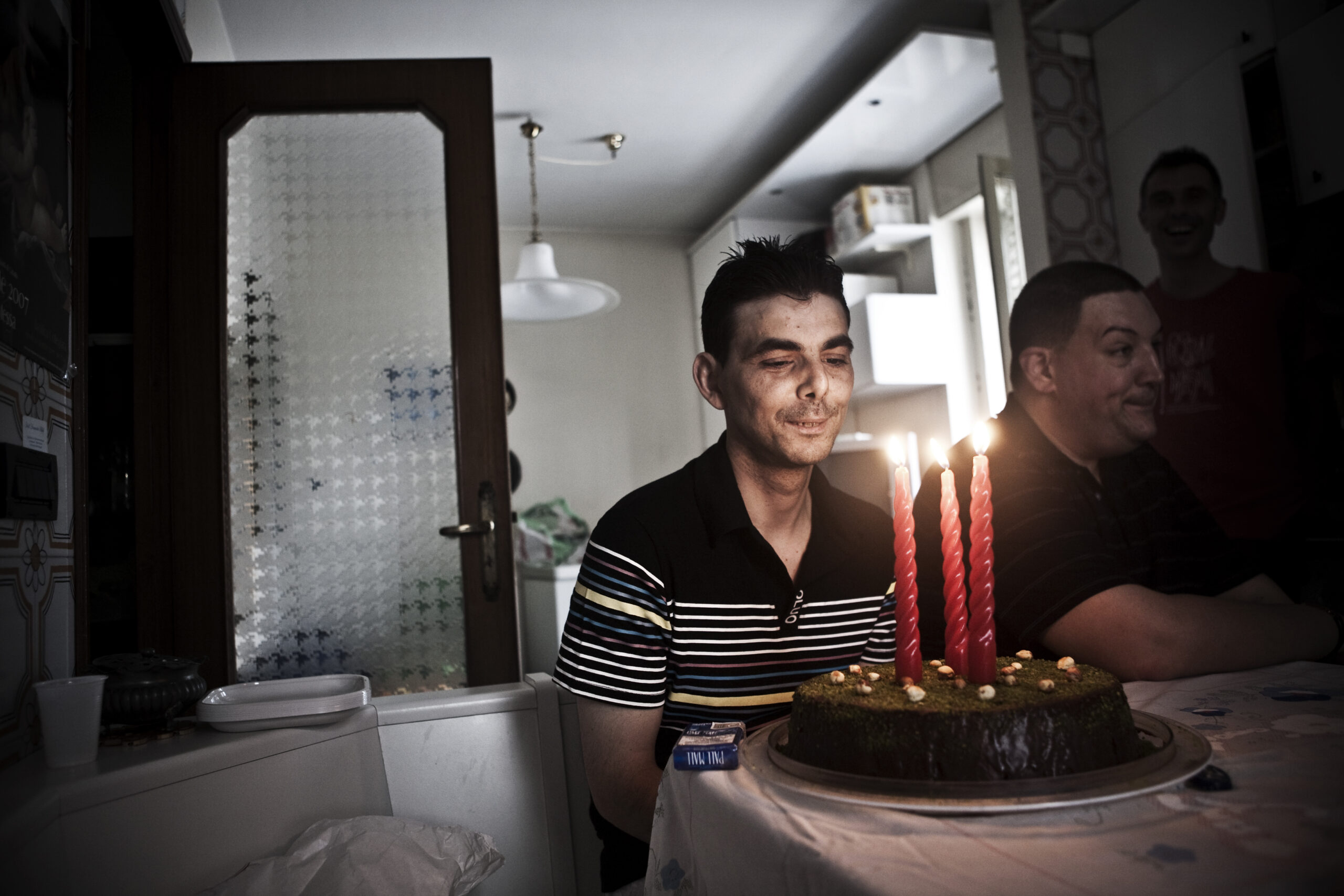(THIS ARTICLE IS MACHINE TRANSLATED by Google from Norwegian)
For decades, some might say centuries, look Italy seems to have done excellently without much PR. Following the French model "ils viendront" – they will come – the country has promoted itself without much effort. They have thus saved millions of lira (then euros) on costly marketing campaigns.
Proud Italy seems to have it all: history with a capital H, culture with a capital K, beautiful landscapes in abundance, monuments that take your breath away, and food and coffee that garner praise and praise. If pictures say more than a thousand words, Italy has really won.

Photo By Maria Vittoria Trovato
But just as good milk after a while gets a sour taste, or as the "old lady" from Goethe and Stendhal's travelogues gets squeaky joints and begins to show her wrinkles, Italy's pride eventually became a problem. What was once a symbol of joy and power, gradually began to show signs of decay and addiction – and not least doubt.
Mighty Italy, the country that managed to turn a loose-fitting Armani jacket into the trademark of the century and spaghetti into a trademark, seems in our time to have run into several dead ends and hit the occasional stop sign.
The Italian photographer Maria Vittoria Trovato perceived this early – long before trendsetters and influencers had left Instagram-beautiful Portofino.

Lonely figures
Trovato grew up in Gela, in the industrial puzzle of Sicily. She began documenting everyday life in a country she perceived as an "accident" – but which internationally was considered a funny event of fame, success and eternal sunshine.
Trovato's work is devoid of make-up and props.
Shy, discreet, looking for the hidden little squares and the barren landscapes, she photographed solitary figures standing outside crowded cafes. Or the lemon pickers who have never tasted the gelato – the ice cream – that the fruit is transformed into in New York or Tokyo.

Trovato has never turned his camera lens on the obvious social and economic aspects of Italy's creative chaos. The country depicted in her pictures is not rendered as cinematic close-ups, but with photographs of daily routines and a normal life.
Her work is devoid of make-up and props. Despite Fellini's Cinecittá and Ferrari's test drives, Italy seems more like a script than a film: largely barren and desolate, downcast, almost burned out. Raw, never referential. A country where the survival of the fittest has become the surrender of the fittest. A country that does not consist of adventures, but of small daily failures in forgotten villages where roads lead nowhere, and where industry rots to the ground – but also a country of resilience and reaction.

Trovato goes against the grain of today's popular black-and-white photography that depicts melancholy and doom. Rather, she depicts what she perceives, enigmatically and curiously, elevating an Italy as a strange and surreal case of subtle surrender, but never capitulation.
But this surrender, never questioned, never quantified, also shows the beauty that lives in need and despair. In a country that may not fight for its future – since it may not understand it – but has learned to live in the present.
Shadows and light
This Italian photographer spent several years in Berlin and witnessed what strategy and compromise can lead to in terms of economic growth and cultural progress – often achieved with a cheerless attitude. She therefore returned to SIRACUSA of Sicilia and opened a bookstore [see her picture of a bookstore from Peru above]. The reactions were, and still are, the same as her pictures evoke: surprise and confusion.
Mostly barren and desolate, raw, run down, almost burned out.

And the same surprise that her pictures of the area around the Sicilian volcano Etna created: there was an expectation of classical beauty with beautiful villas and exotic gardens, maybe a parrot or two (a nod to Fellini). No, instead one was served pictures of footballers removing volcanic ash from an improvised football pitch, a park ranger with too many keys, or a widow in her finest dress early on a quiet Sunday morning.
There is a special beauty in the photographs in that they show textures and shades, shadows and light – a fascinating play done with love. Or some kind of weapon against failure or accidents.
A kind of dialogue

Let's go back to the aforementioned concrete "accident" that is Italy. It is the same failure (or imminent fall) that makes Italy the most extraordinary and ordinary country in the world. The exception that is also the rule. The opposites. The coincidences.
The same coincidences that show that your mother on a beach is not the mother of two, but the mother of many. Or maybe not even a mother at all, but a little girl whose own daughter will one day open a bookstore in old Syracuse. That's it , to#graphing is. We can call it a kind of dialogue. Never a compromise.


